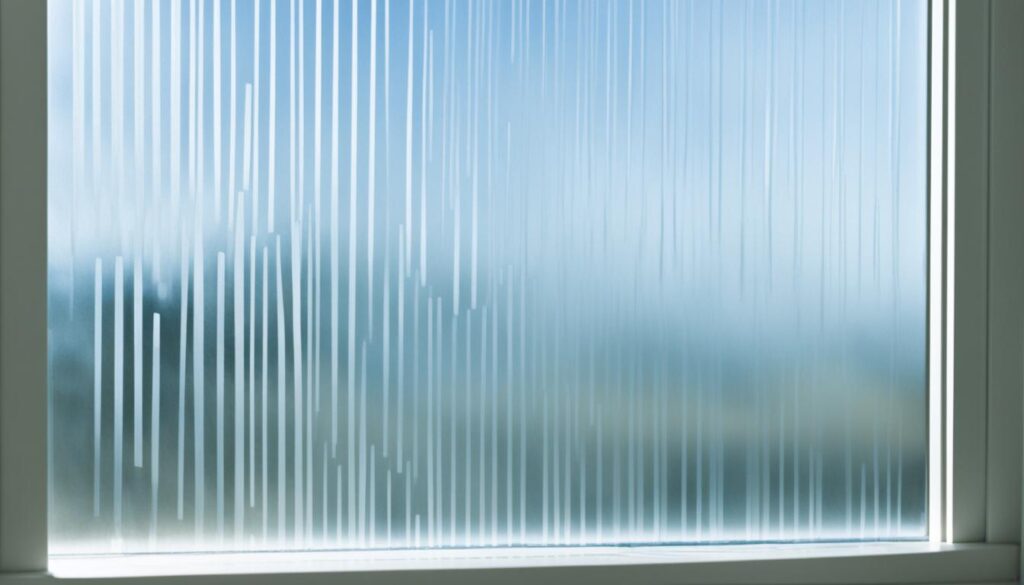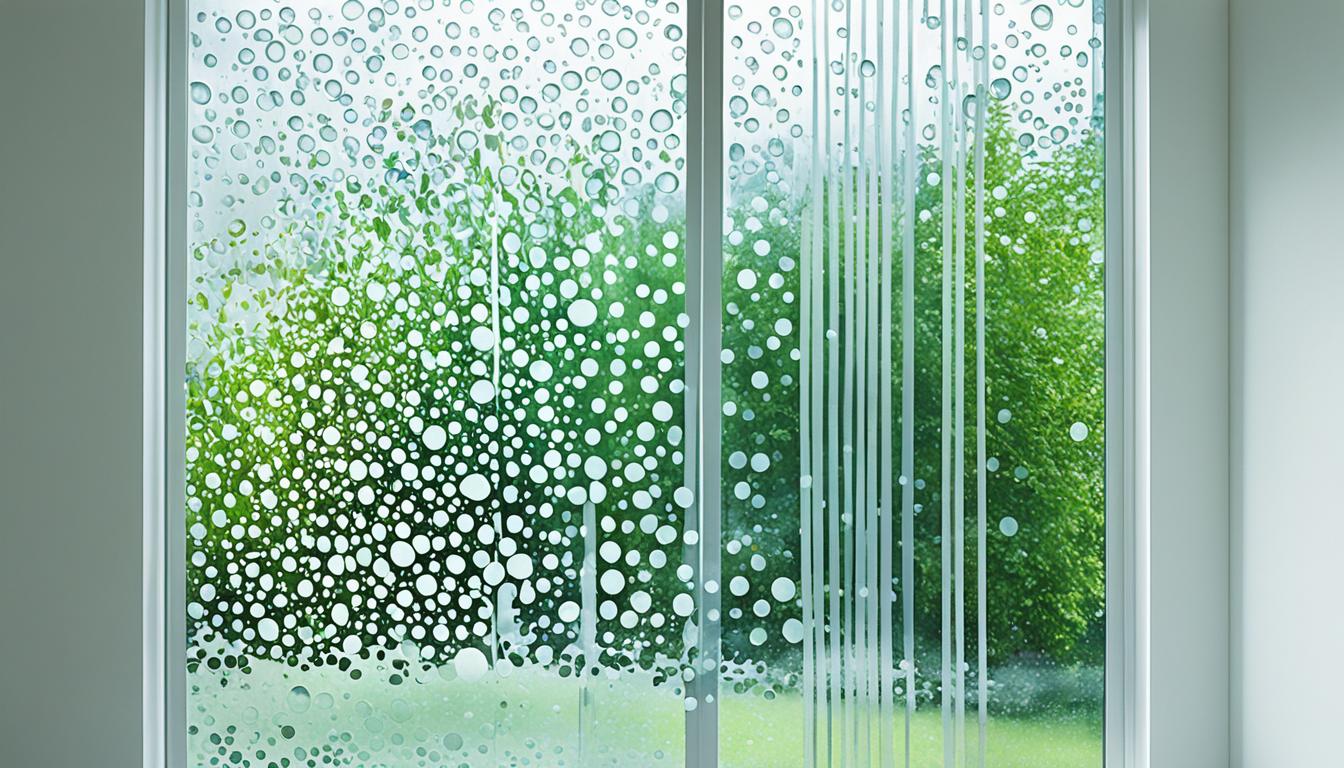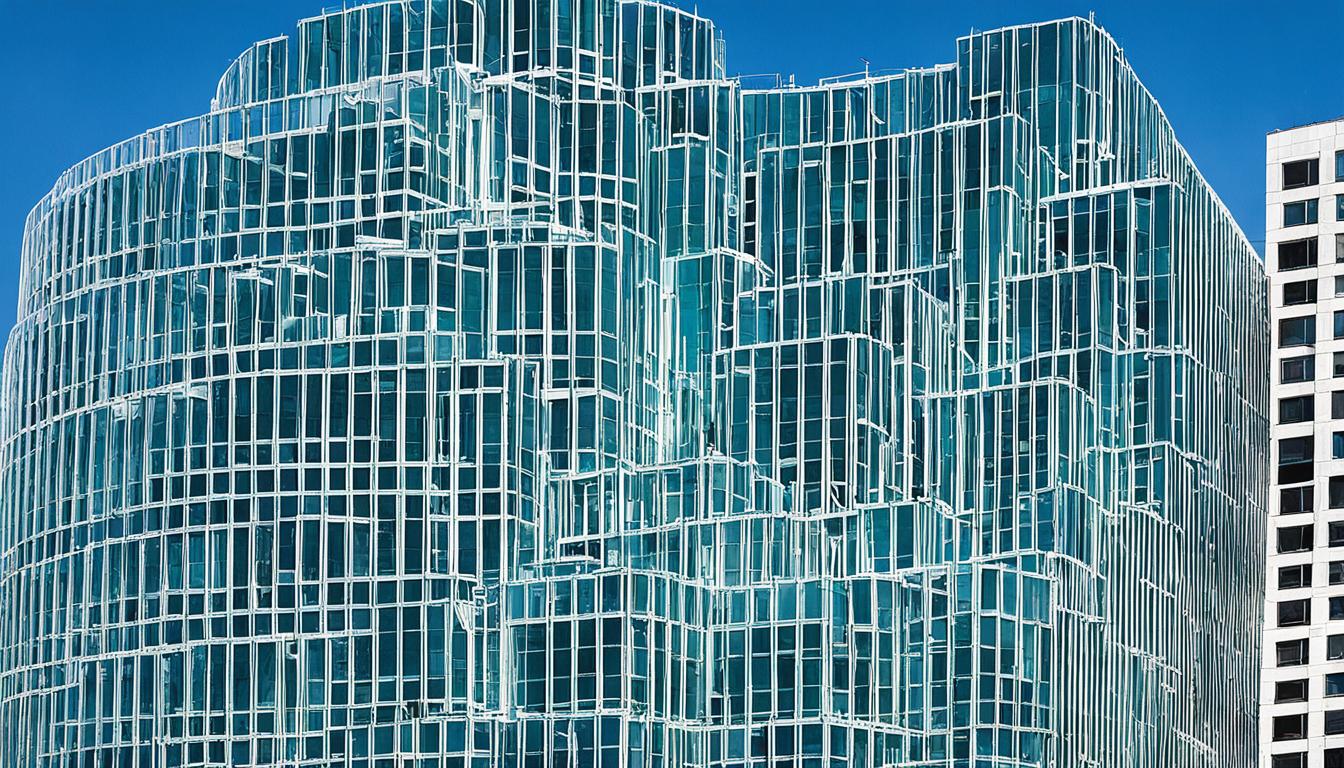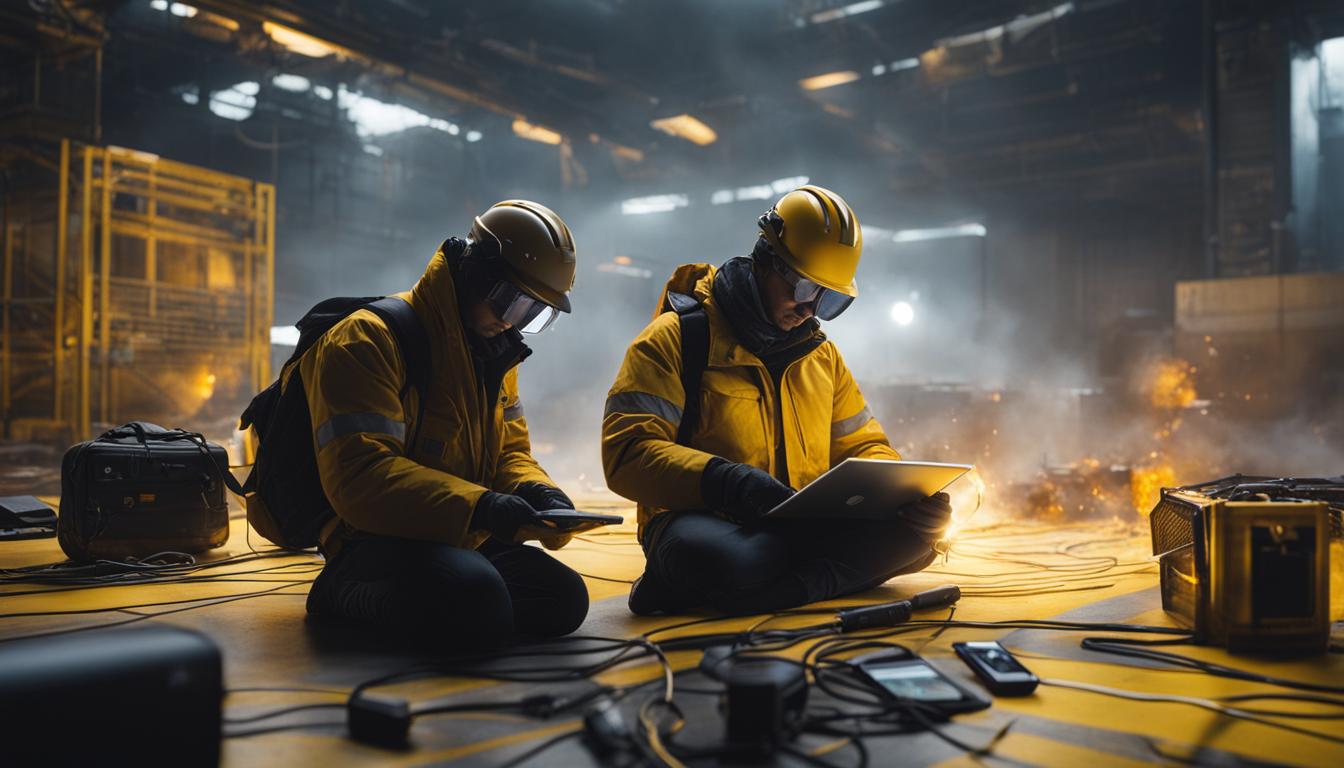Disclosure: This Post Contains Affiliate Links; We earn a commission on purchases.
Window films are a versatile solution for addressing various concerns in residential and commercial spaces. They provide benefits such as energy efficiency, comfort, and aesthetics. When it comes to electromagnetic field (EMF) protection, window films offer a practical and effective solution.
Electromagnetic field shielding films, also known as EMF blocking window films or radiation protection window tints, are designed to reduce the amount of electromagnetic radiation that enters a space through windows. These films are applied directly to the glass surfaces and act as a shield against EMF radiation.
Electromagnetic radiation shielding films, also called electromagnetic shielding window tints or EMF protection for windows, help create a safer and healthier environment by blocking or reducing EMF exposure. They provide a balance between allowing natural light to enter the space and shielding against harmful electromagnetic radiation.
Key Takeaways:
- Window films provide a versatile solution for various concerns in residential and commercial spaces.
- EMF protection window films shield against electromagnetic radiation while allowing natural light.
- These films are applied directly to the glass surfaces and act as a barrier against EMF exposure.
- EMF shielding window treatments offer a balance between light and shielding for a safer environment.
- Consider professional installation for optimal effectiveness and longevity of the window film.
Understanding UV Filtering and Solar Control Window Film
UV filtering and solar control window films are a versatile solution for both residential and commercial spaces, offering a range of benefits such as energy efficiency, comfort, and aesthetic appeal. These films are designed to address various concerns, including reducing heat, blocking harmful UV rays, enhancing privacy, and providing security. Let’s explore the different types of window films and their advantages.
Heat Control Window Film
Heat control window film is specifically designed to maintain a comfortable indoor temperature by reducing heat transfer through windows. This type of film is particularly valuable in hot climates, as it helps lower energy consumption and saves on cooling costs.
Decorative Window Films
Decorative window films offer a creative solution to transform ordinary windows into works of art. These films come in a variety of patterns, colors, and designs, allowing for customized and unique window treatments. Whether you want to add privacy or enhance the visual appeal of your space, decorative window films are an excellent choice.
Commercial and Residential Window Tinting
Window tinting is a popular option for both commercial and residential spaces. In commercial settings, tinted windows provide privacy, security, and protection against harsh sunlight. Residential window tinting, on the other hand, helps protect against harmful UV rays, reduces glare, and offers light-blocking benefits for improved comfort.
Privacy and Security Window Film
Privacy window films are designed to enhance confidentiality without compromising natural light. These films create a one-way mirror effect, allowing you to enjoy privacy during the day while still enjoying the view. Security window films, on the other hand, provide added protection against break-ins by reinforcing glass and preventing shattering.
Anti-Graffiti Film
Anti-graffiti film is a protective film that helps safeguard windows and other surfaces from vandalism and damage. It acts as a sacrificial layer, making it easier to remove graffiti and protect the underlying surface. This film is commonly used in public spaces, storefronts, and public transportation vehicles.
In conclusion, UV filtering and solar control window films offer a range of benefits, including heat reduction, UV protection, privacy, and security. Whether you’re looking for energy efficiency, a decorative touch, or enhanced privacy, there is a window film solution for your needs. Consult with a professional installer to determine the best type of film for your specific requirements.
Stay tuned for the next section, where we’ll explore the differences between interior and exterior applied window film.
Interior vs Exterior Applied Window Film
When it comes to installing window film, one important decision to make is whether to apply it on the interior or exterior side of the glass. Both options offer unique advantages and considerations, depending on your specific needs and priorities.
Interior Window Film
Interior window film is applied on the inner surface of the glass and offers various benefits that make it suitable for both residential and commercial settings. Some key advantages of interior window film include:
- Privacy: Interior film provides added privacy by obscuring the view from outside while allowing natural light to enter.
- Protection against wear and tear: By placing the film inside, it is shielded from external elements, reducing the risk of scratches, graffiti, or other damage.
- Ease of maintenance: Interior film is easily accessible for cleaning and maintenance purposes.
Exterior Window Film
Exterior window film, as the name suggests, is installed on the outer side of the glass. It offers enhanced protection against vandalism and damage, making it a preferred choice for commercial applications. However, there are some factors to consider when opting for exterior window film:
- Enhanced security: Exterior film provides an additional layer of security, deterring potential intruders and protecting against break-ins.
- Exposure to the elements: Exterior film is more exposed to weather conditions, which may affect its lifespan compared to interior film.
Ultimately, the decision between interior and exterior window film installation depends on your specific needs. If privacy and ease of maintenance are important, interior film may be the ideal choice. On the other hand, if security and vandalism prevention are top priorities, exterior film may be the preferred option.
Thinking About Installing Solar Film?
If you’re considering installing solar film, there are a few key factors to keep in mind. One of the most important considerations is durability.
High-quality solar films are specifically engineered to withstand harsh environmental conditions and prolonged exposure to UV rays. This ensures that the film will last for an extended period, providing long-term benefits for your windows.
While the upfront cost of solar film may be a factor to consider, it’s essential to recognize the significant energy savings it can offer in the long run.
Solar film reduces heat transfer, insulates your space, and lowers energy bills, making it an energy-efficient option for any property.
Professional installation is crucial to ensure the effectiveness and longevity of the solar film.
“Skilled technicians have the expertise to properly apply the film, ensuring its optimal performance. Additionally, many professionals offer warranties for added protection.”

Professional installation guarantees that the solar film is applied correctly, maximizing its energy-saving potential.
By choosing solar film for your windows, you not only benefit from its energy-efficient properties but also enhance the durability and lifespan of your windows.
Conclusion
When it comes to protecting your space from the sun’s harmful rays and creating a comfortable environment, fade control window film is a smart solution. By reducing solar radiation, including UV rays, these films provide both aesthetic and functional benefits.
One of the key advantages of fade control window film is its ability to reduce glare. Whether you’re working on a computer screen or relaxing with a book, this film helps create an ideal viewing experience by minimizing unwanted reflections. It also preserves the color and quality of your furnishings and artwork, preventing them from fading due to prolonged sun exposure.
Additionally, fade control window film acts as a shield against harmful UV rays. It protects your skin from the damaging effects of the sun and reduces the risk of skin cancer. Moreover, this film is energy-efficient, helping to reduce solar heat transfer and maintain a comfortable indoor temperature, which can lead to potential energy savings.
When choosing fade control window film, consider your specific needs and priorities. Whether for a residential or commercial setting, this window film provides an effective balance between sunlight protection and energy efficiency, enhancing the functionality and aesthetics of any space.
Source Links
- https://www.atlanticsun.net/products/solar-window-films/uv-window-film
- https://www.coolvu.com/blog/fade-control-window-films/
- https://www.scottishwindowtinting.com/window-film-and-tint/reduce-glare-tv-computer-screens-llumar-window-films/

Subscribe to Our Newsletter










